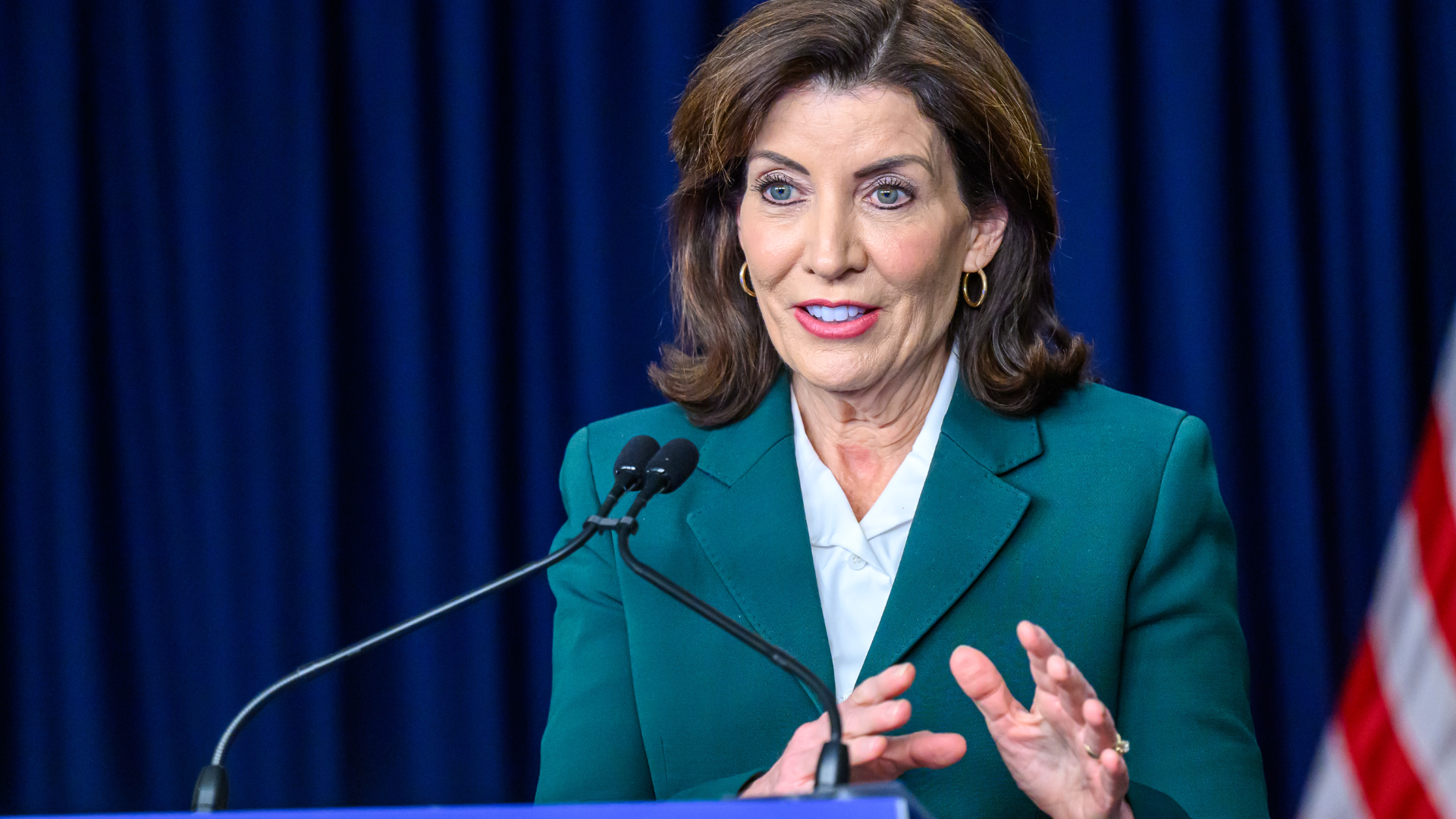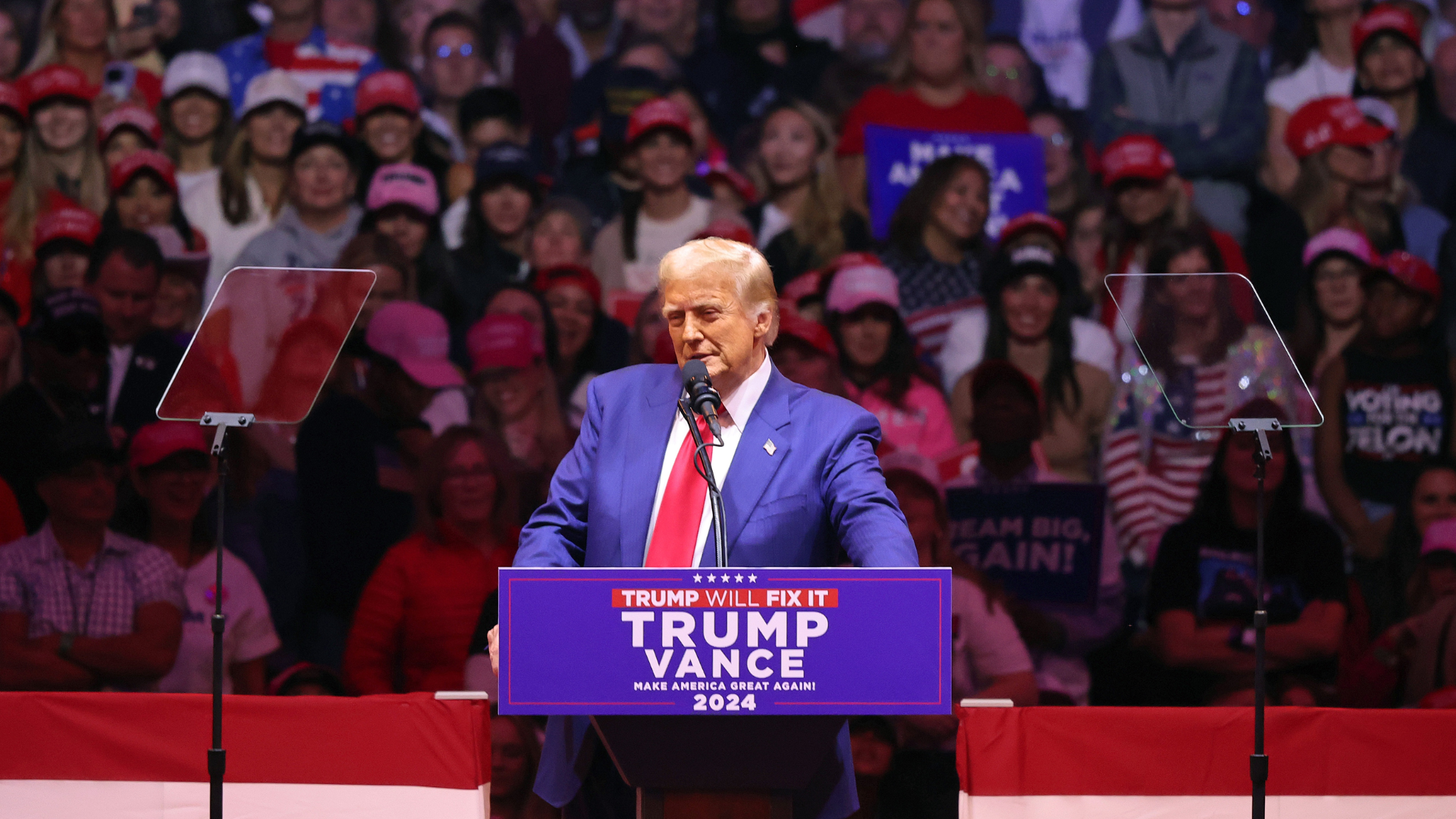Representative Marjorie Taylor Greene recently ignited controversy with a post on X, criticizing President Joe Biden’s alleged comments referring to Trump supporters as “garbage.” Her post included an image of actor Macaulay Culkin during his struggles with substance abuse, seemingly used to mirror her perception of Biden’s attitude.
However, the post has backfired, drawing criticism from X users who condemned Greene’s approach as disrespectful and inappropriate for a public official. Many accused Greene of hypocrisy and insensitivity, noting that she exploited a photo of a person facing personal struggles to make a political point, a move that many see as unbefitting of a member of Congress.

Greene’s use of the Culkin image and inflammatory tone sparked immediate backlash, with critics calling her “trash” and a “rotten soul.” Some referenced past allegations of infidelity, and others questioned her fitness as a representative. The post has spurred broader discussions about decorum and responsibility for elected officials on social media.
While public figures have the right to express opinions, there is an expectation of professionalism, especially for lawmakers wielding influential platforms. Greene’s post, seen by many as exploiting Culkin’s history and crossing a line of decency, has fueled a demand for greater accountability and respect in political discourse.
The incident raises questions about whether Greene’s behavior is consistent with the values she claims to uphold. Critics argue that her conduct reflects a double standard, with some pointing out that if a Democrat were to post similarly inflammatory content, Greene would likely be among the first to condemn it.
This incident highlights the risks associated with social media for public figures, where words and images carry significant weight. For many, Greene’s actions not only polarized her followers but also undermined her credibility as a representative, demonstrating a lack of empathy and responsibility.
In the end, Greene’s post underscores the power of words and images, especially when wielded by those in positions of influence. While social media can connect officials with constituents, it also carries a risk of amplifying divisive rhetoric and alienating voters.
By choosing inflammatory posts over respectful discourse, Greene risks both her public image and the trust of those she serves. This backlash serves as a call for higher standards and a reminder that public officials must be mindful of their words and actions in an era where online behavior shapes public perception profoundly.













